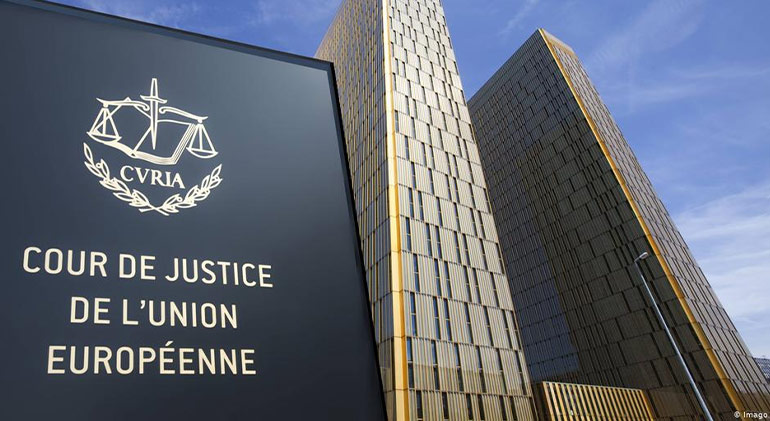

As the famous Arabic proverb says, ‘Silence is golden’. And it seems that this nugget of ancient wisdom still holds true today – even in law; even when it comes to a high-profile case before the European Court of Justice. To find out why would silence be so important as to cause a stir among lawyers throughout Europe, we must track back to the beginning.
What happened?
On February 2, 2021, the European Court of Justice (ECJ) released a landmark ruling on due process rights in preliminary reference from the Italian Constitutional Court in DB v Commissione Nazionale per le Società e la Borsa (Consob). The case concerns penalties imposed on a natural person (DB) for insider dealing and for failure to cooperate in the context of an administrative investigation.
Namely, the ECJ recognizes that (i) the EU Charter of Fundamental Rights (Charter) affords natural persons a right to remain silent (ii) this right precludes the imposition of penalties on natural persons who refuse to provide potentially self-incriminating answers to investigating authorities.
Whoa! That’s huge… I guess. Could you please dumb it down?
Let’s make it simpler:
Wait a second! The right to remain silent. What’s that?
Broadly speaking, the right to remain silent (or the right of silence) is a legal principle that releases one from the obligation to answer questions. Before the police, court, or even a similar authoritative body – such as Consob.
OK, I got it. So, was DB rightfully tacit?
That’s something that was hard even for the Italian Constitutional Court to decipher. It was a complicated question because:
You’re right – it’s complicated. And what did the Constitutional Court decide?
Nothing. It had to ask the ECJ whether the aforementioned Italian provision, the Directive and the Regulation were compatible with the Charter and the presumed right to remain silent it makes provision for. Essentially, the Constitutional Court asked the ECJ to interpret the EU law before it rules. That process is called preliminary ruling. What can I say? There is a reason lawyers exist – law is complex!
I’ve realized that so far, thank you. Please go on…
All in all, the question was answered first by the Advocate General (AG) Pikamäe. Advocates General are not judges. They do not give any decisions, but rather assist the Court and give opinions on the cases given to them. However, their opinions carry considerable weight and are usually followed in the Court’s judgment. AG Pikamäe’s opinion can be summarized in four important points:
And what did the judges say?
Well, you could have guessed from the outset! ‘Silence is golden’, said the court assertively. Its opinion reflected that of the AG. But… there is more to it than that. Let’s point out the major things in the decision (yes, I promise, there won’t be any more bullet points!)
Does that mean that one can simply not cooperate with the competent body? That the Directive and the Regulation are not compatible with the Charter? No. They must be interpreted consistently with it. There are many other ways of being uncooperative in an administrative proceeding. All of them can and should be sanctioned. ‘The right to silence cannot, however, justify every failure to cooperate on the part of the person concerned with the competent authorities, such as refusing to appear at a hearing planned by those authorities or using delaying tactics designed to postpone it’, the Court decided. So, penalties for uncooperativeness in the administrative investigation are still mostly safe and sound.
Why does all this matter? And what happens next?
This decision disentangles a conundrum that will probably have implications in many future and similar cases to come. It is a judgment that sets an important precedent in EU law and it’s needless to say that just the EU alone has 27 member states, and its law is relevant to a large number of countries worldwide. How could it not matter?
Finally, it is clear that the decision should be applicable to all relevant proceedings arising under EU legislation. Nevertheless, in competition law, the judgment raises interesting questions regarding the right of defense in proceedings in which sanctions can be applied to individuals and corporations.
Hence, in case that individuals refuse to cooperate under the right to silence, the judgment implies that the authorities should refrain from imposing sanctions for non-cooperation. Against that background, should this be taken to mean that companies should get off scot-free too?
However, as to what happens next, it is far too early to say. How exactly will this new interpretation of EU law be implemented in practice? How is it going to impact national laws? That remains to be seen.
Author: Nikola Vjetrović